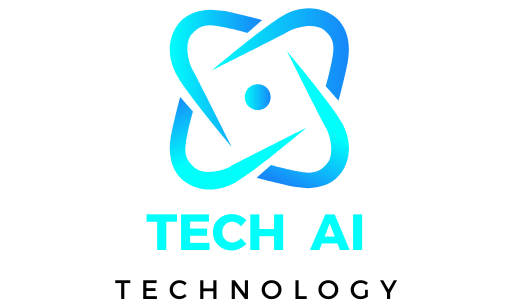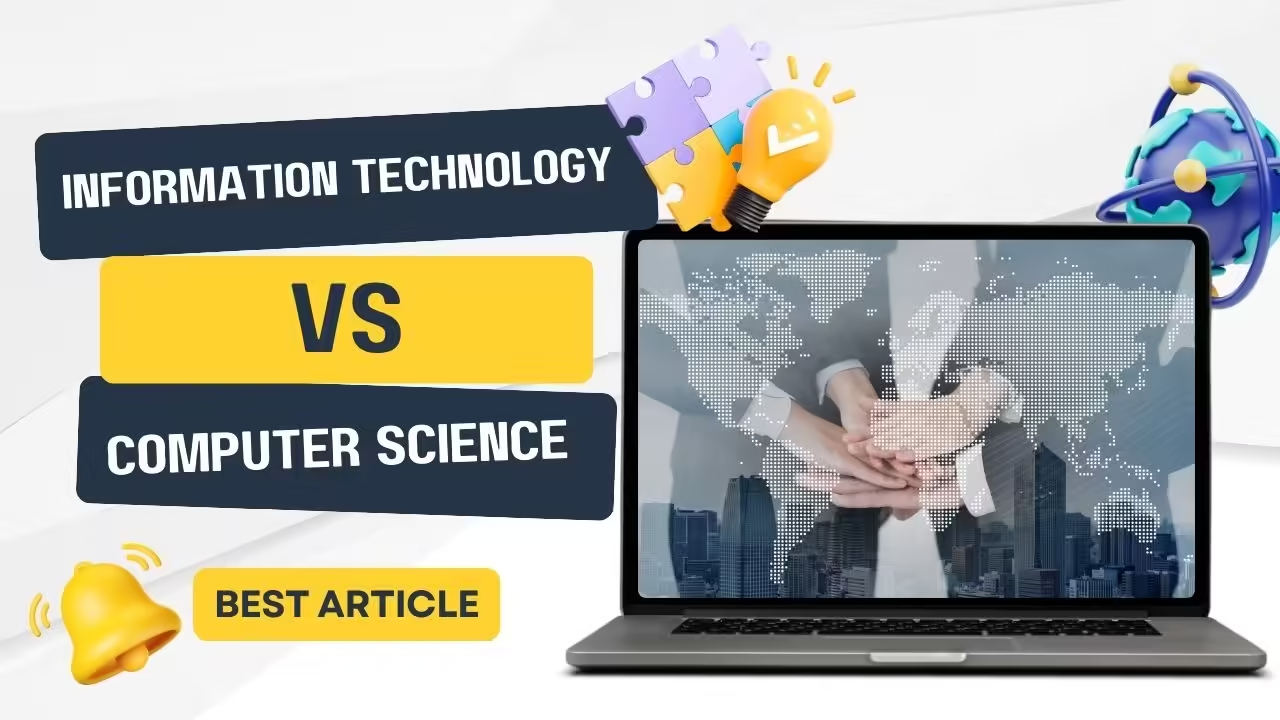Understanding how each field tackles problem solving is crucial when selecting between Information Technology vs Computer Science. To address and manage business problems, Information Technology depends on technology to enable seamless operations and effective workflow.
In contrast, Computer Science explores programming’s essential foundations including software development to create new solutions or upgrade already existing ones. This article demystifies these ideas for those looking for backend technologies in Java framework as well as anyone aiming at knowing the relevant skills of a complete stack Java developer.
We will discuss practical aspects such as a list of Java full stack technologies including them in your problem-solving kit where applicable along with the indispensable skills of a Java developer. As you read this guide, you will have an understanding of how to navigate through these fields so that you can determine which one matches your career goals while assisting you in solving problems.
Information Technology vs Computer Science: Key Differences & Skills
IT as a field emphasizes the use of any associated technology for effectively addressing administrative problems in businesses throughout the globe. IT experts utilize various technologies such as hardware, software, database systems, and networking to ensure that organizational processes are efficient and run smoothly.
They perform roles like managing networks and administering competitors’ systems among others. This way, IT is about practical applications and maintaining technology infrastructures similar to solving pressing business issues in real life.
Key Areas in Information Technology
Business oriented solutions are what Information Technology experts focus on while working practically. Java full stack experts handle backend technologies and they take care of systems to ensure that they function properly all the time.
Their obligations comprise troubleshooting, network management as well as software integration. Through comprehension of these elements, it becomes easier for one to see how IT skills are utilized in real life circumstances.
Exploring Computer Science Fundamentals
More prominently, the notion of theoretical computer science has to do with its emphasis on concepts such as algorithms, programming languages, and software design. This discipline also encompasses areas such as the study of Java full stack technologies and the development of full stack Java Angular projects.
Frequently creating innovative solutions and enhancing the available technologies are among the major tasks undertaken by CS practitioners which necessitates an in depth understanding of this field’s critical skills including those of Java developers and full-stack Java developers
How IT and CS Impact Your Career
Depending on your desired job path, you should choose between computer science and information technology. If practical problem solving and managing technology are more your interests, then Info Tech can be your better bet.
Computer Science (CS) on the other hand can be more suitable with someone that has a passion for designing new technologies as well as answering complex questions in computing. This book will look at both professions in this regard giving a broad overview of their projects involved and skill sets used enabling an informed decision.
Understanding Information Technology (IT)
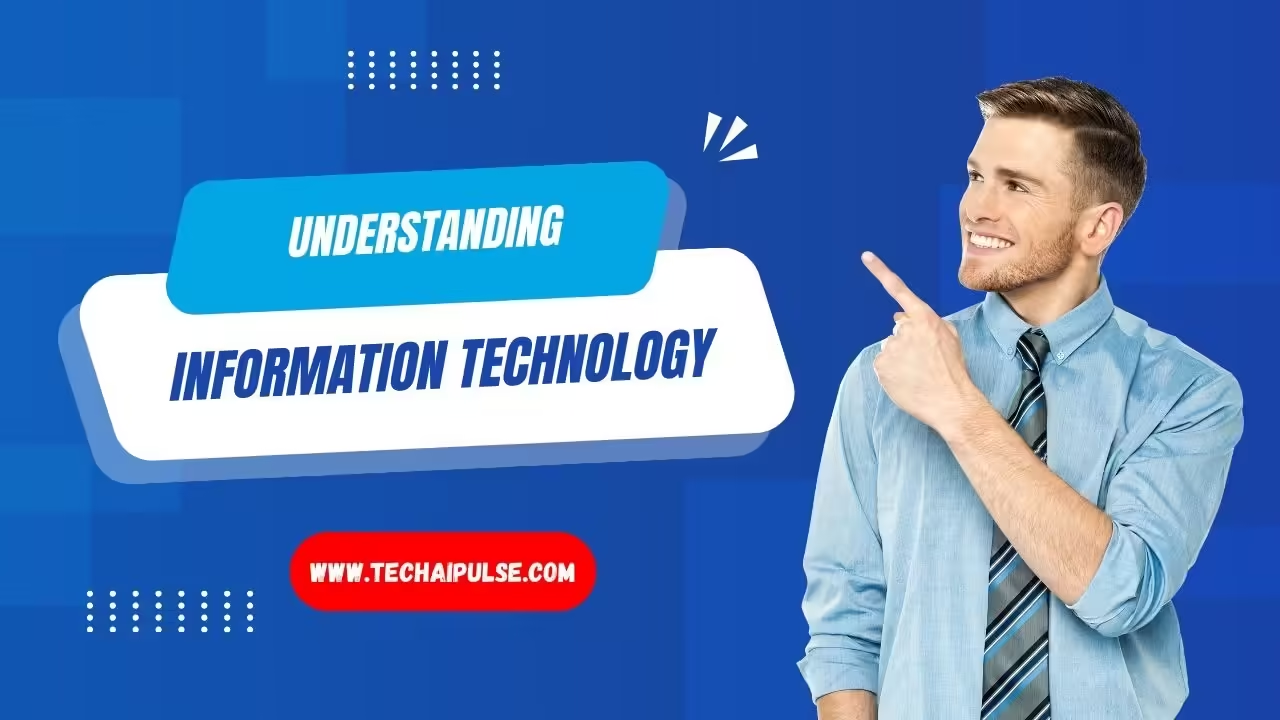
Information technology (IT) is concerned with efficiently handling and using technology to satisfy business needs. It encompasses numerous methods and systems that enable organizations to remain productive. It includes such areas as network management, data security, and technological integration.
IT experts work in various fields to ensure that organizations run smoothly through the right technology use.
Key Areas in IT
Network Management: Facilitates dependable interaction between various systems. System Administration: Takes care of the daily routine work for computer systems. IT Support: Offers help with technical problems, as well as smooth progression across firms.
Problem Solving in IT

Backend Technologies in Java Framework
IT experts utilize Java structures like Spring as well as Hibernate to handle hard business challenges. These technologies are necessary for creating solid and scalable back end solutions by supporting seamless database and application integration.
Java frameworks are vital in managing large amounts of data as well as transactions hence their importance in sectors like banking, e-commerce, and health care.
Role of IT in Business Operations
System reliability and data protection are made possible by IT. IT enables the movement of business goals that drive productivity and efficiency. The addition of new technologies to existing systems is another thing handled by them to solve the issues of scalability, performance, and security.
Essential IT Skills
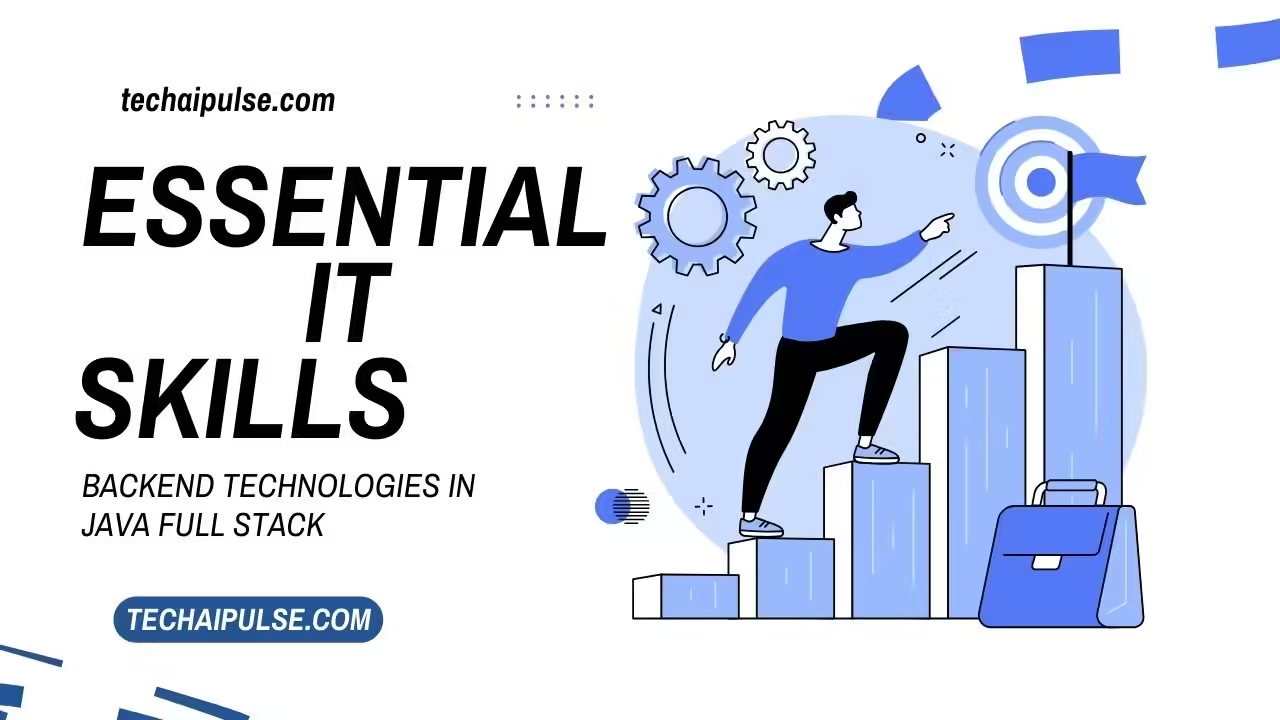
Backend Technologies in Java Full Stack
To make it in IT, experts should know Java full stack including backend technologies like Spring Boot, Hibernate, and REST APIs which are key for building as well as supporting backend systems. Having a good command over these tools enables IT professionals to have unhindered connections between frontend and backend systems.
Java Developer Skills
Expertise in database systems, version control as well as object oriented programming should be possessed by a Java programmer. Additionally, tools employed in continuous integration such as Git, Jenkins, and Maven are essential for deployment.
The application of these skills in practical life will enable Information Technology (IT) professionals to optimize and accelerate the resolution of certain system challenges.
Practical Applications

Real World Scenarios
The projects modern stack Java developers work on in real life it environments require an integration of front end frameworks such as angular and back end systems without any flaws. Full stack Java angular project managers possess the expertise necessary to tackle problems related to performance, scalability, and security.
For example, in a banking application, developers have to ensure that customers’ transactions are being processed securely while providing smooth user experiences.
When you’re capable of becoming a full stack Java developer you must be able to resolve some of the following business issues: improving system performance; reducing downtimes; ensuring data safety etc. These problem solving abilities are important for achievement in every job.
Exploring Computer Science (CS)

CS (Computer Science) is concerned with the study of computers as well as their computation and information processing. However, both theoretical sides such as algorithms and computational theories based ones are covered by it.
One of the main goals it is to develop systems that can solve problems as well as increase efficiency in many areas like AI cybersecurity or even data analysis.
CS experts typically use a variety of programming languages, software systems, and frameworks to create new technological innovations; hence they fall among the most significant players in this field.
Key Areas in Computer Science
- The algorithms are the bedrock of computer science solutions since they offer orderly guidelines for addressing given assignments.
- Software Development: This includes writing codes as well as debugging them, along with maintaining those that run today’s apps.
- Computation Theory: It is this area that examines the range of possibilities and constraints regarding computing to enable experts to know what is computable or not.
Problem Solving in CS
In computer science, solving problems requires technical expertise as well as rational brain work. Computer Science specialists employ a variety of instruments and methods for generating successful answers.
To illustrate, Java full stack technologies are highly appreciated because of the capacity they possess to develop durable software applications. Below is an overview of significant Java full stack backend programming languages:
- The most broadly utilized framework for the development of robust and scalable apps is Spring Framework.
- Hibernate manages all SQL inquiries in Java programs thus making things easier throughout database management.
- The best in them enable CS specialists to work on new ideas irrespective of their fields of activity including medical services or banking services.
Java Full Stack Technologies List
To develop applications from beginning to end full stack technologies are regularly utilized by CS professionals. Full stack Java developers take care of frontend as well as backend development. Java full stack technologies that are commonly known include:
- Spring BootTest: Smoothly handles the app’s installation as well as configuration.
- Dynamic interfaces can be developed easily using Angular, which is one of the most preferred front end frameworks.
- For managing real time data streams, one tool that can be used is ApacheKafka.
- MySQL – commonly utilized as a relational database management system that is open source.
Each of these tools plays a critical role in ensuring smooth, reliable software performance.
Innovation and Research in CS
Technology is evolving very quickly due to the computer science (CS) sector. It is no longer possible to ignore the presence of CS in our lives, with the area having been responsible for innovations such as artificial intelligence, machine learning, and blockchain.
The professionals who work within the field of CS use Java full stack technologies to tackle complicated issues like ensuring optimum performance of ML (machine learning) models, designing secure systems, or improving user experiences.
Essential CS Skills
If you want to excel in CS, you need a varying array of skills. Java developer’s key competencies are:
- Full Stack Java Backend Technologies: Familiarity with Spring Boot frameworks and Hibernate is mandatory.
- Frontend Development: Skillfulness with the Angular framework guarantees a smooth user experience.
- Database Management: It is very vital to grasp how to manage relational databases such as MySQL for data storage.
Such skills enable CS professionals to provide full stack solutions catering to customer needs while meeting the demands of the business.
Full Stack Java Angular Projects
In CS, practical projects are very important because they show one’s capabilities. Generally, full stack Java Angular projects encompass web applications combining front end (Angular) and back end development (Java). They include:
- E-commerce Platforms: The creation of an e-commerce site with an attractive interface and secure payment systems.
- Social Media Dashboards: A platform for users to make posts, write replies, or communicate.
These projects improve the problem solving skills of developers since they require diverse types of Java developer competencies to develop actual solutions.
Theoretical Knowledge in CS
Developers can solve nuanced problems effectively due to a firm grasp of computing principles such as computational theory and data structures. Theoretical knowledge serves as the basis for handling issues like system optimization, security, and algorithm design.
Combining theoretical assumptions with practical experience equips CS specialists to tackle urgent questions posed by today’s technologies.
Comparing IT and CS: Key Differences and Similarities
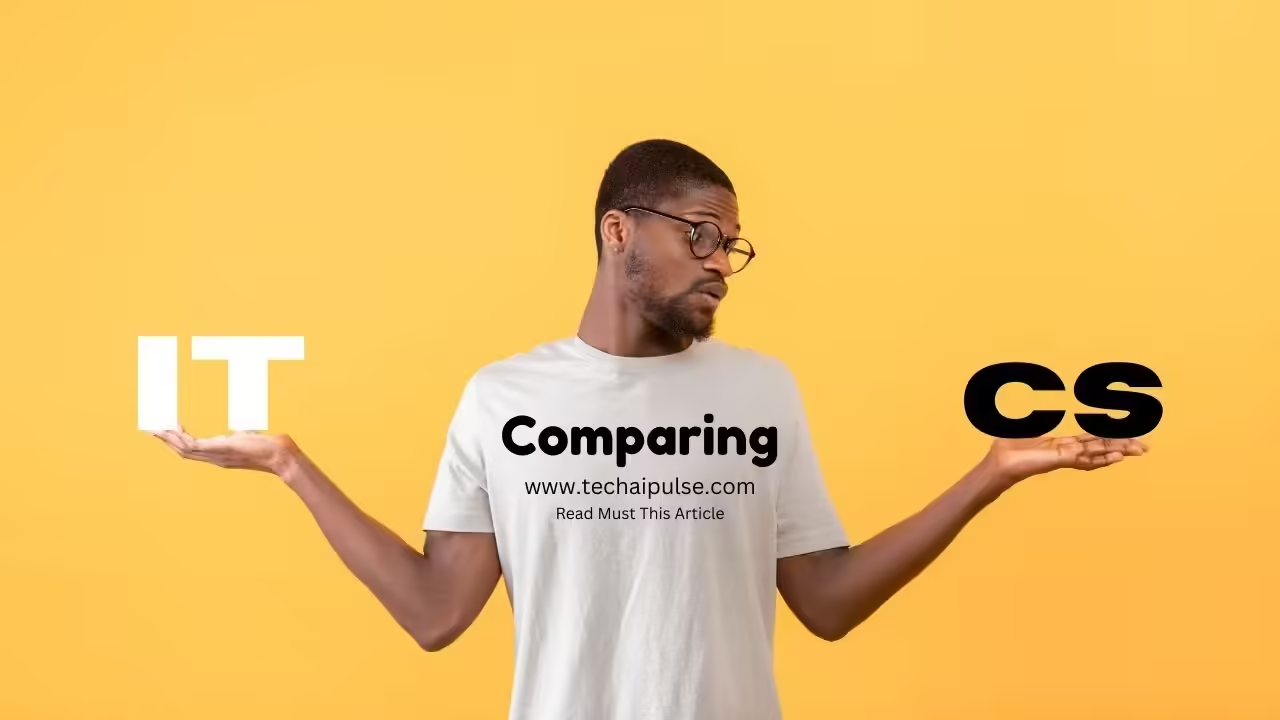
Should you choose to work in the field of technology, you need to understand how computer science (CS) differs from information technology (IT).
Even though the two areas focus on technology, they have different specializations, goals, and professions. This is an aspect that will make a difference and affect your selection based on what you want to achieve and what matters to you.
Focus and Goals
- IT: The emphasis and focus of IT professionals is on the practical use of the technologies. Their main goal is to utilize existing technology for system administration, commercial issue resolution and operational efficiency.
Information technology (IT) is a necessity for organizations needing reliable technical solutions be it through the provision of technical support or maintenance of networks. - CS: However, computer science mainly deals with the design of new technologies and theoretical inquiry.
The deep research into algorithms, software development, as well as innovations represents a contribution by these experts in the computer science field. They are usually concerned about finding advanced ways out of difficult problems facing them while trying to achieve technical progress.
Skill Sets and Applications
- IT Skills: IT is actually about practice and real time abilities. This entails system management, troubleshooting, and offering technology support.
Normally, IT professionals will work with backend technologies in different Java frameworks to manage databases, networks, and servers. They ought to know both types of hardware and software to ensure smooth operations of the system. - CS Skills: Computer science focuses on theory including a strong logic foundation or innovative thinking. The CS practitioners employ programming languages when developing programs, crafting algorithms, or even solving complex puzzles.
For example, full stack Java developers need to be enlightened on the back end aspects within Java based frameworks including skills such as building server side applications and administrative capacities for databases. In addition, use full stack Java technologies in software development like Angular among others.
Career Paths and Opportunities
- Careers in IT:
IT offers a wide variety of career paths. Roles like IT manager, network administrator, and support specialist are quite common.
These positions call for a deep understanding of backend technologies in Java full stack development. Therefore, Java full stack development skills are critical to maintaining and optimizing systems. - Careers in CS:
CS careers tend to be more innovation oriented compared to their counterparts within the field of Information Technology. Software developers, research scientists, and system architects are responsible for coming up with new technologies.
Usually software development projects are led by Full Stack Java Developers who work with Angular. Strong problem solving skills as well as profound technical knowledge concerning backend and full stack technologies required by Computer Science roles.
Choosing the Right Path for You: IT vs. Computer Science

Opting for either Information Technology (IT) or Computer Science (CS) is critical to defining your mode of career. These two domains look tantalizing, however knowing how you solve problems, what you like, and what you want to achieve in life will aid you in making the right choice.
Assessing Your Interests and Goals
Problem solving may be your guiding light in choosing between computer science and information technology. Information technology focuses on applying technology to address business problems and keep the systems running as smoothly as possible.
Computer science, on the other hand, places more emphasis on software design, backend development, and algorithm building. An example of a person who would prefer this field is someone who enjoys using Java frameworks for backend technologies or designing a complete range of full stack solutions. Information technology may interest someone who loves maintaining and improving technology systems at their best.
Your decision should also be influenced by your career goals. Will you be creating backend technologies in Java full stack settings or do you want to be managing databases and networks? Generally, computer scientists can take up positions like that of software developers, full stack Java developers, or system architects.
However, information technology specialists usually pursue careers in network administration, computer security, or IT management.
Educational and Skill Requirements
It is important to understand the education and skills needed for one’s area. Usually, IT jobs require specific training programs and certifications. Many successful IT professionals obtain certifications like CompTIA, Cisco, or AWS to acquire the necessary competencies.
This method is often faster with dedicated training on technology that people use at work every day.
But, when you specifically targeting Java backend technologies or a full stack development career, especially for Computer Science, it’s crucial to have at least a degree. A degree in CS encompasses an array of topics ranging from algorithms to data structure and much more specialized fields like AI and ML.
If you want to be among top notch Java full stack developers, strong fundamentals in Java language, Angular framework as well as database management systems are imperative. Also, full stack Java developer aptitudes such as Spring and Hibernate frameworks together with REST APIs are coveted by employers.
Real World Examples and Case Studies
Victories in Information Technology: Numerous IT experts have found glory by solving the big problems of firms. The first instance is using cloud computing applications that help institutions reduce costs and increase productivity.
The IT issue solving includes resolving network issues, managing databases, and making sure that the cyber security measures up to date enough.
CS innovations: On the other hand, CS developments such as artificial intelligence (AI) and machine learning (ML) have led to considerable growth. Take for instance full stack Java developers who have been able to build highly scalable websites using Java frameworks and Angular across different sectors.
Full stack Java Angular projects were able to provide companies with interactive platforms that improved their operational efficiencies while making the user experience better.
FAQs:
Q.2 Which is harder, IT or computer science?
Computer Science is generally believed to be tougher because it entails intricate theories, algorithms, and sophisticated programming abilities such as those required for all around Java development related expertise and hence dealing with Java full stack technologies catalog.
On the contrary, Information Technology emphasizes real world applications and system management that may not be as difficult theoretically but is still tough when it comes to managing backend technologies using the Java framework.
In this regard, CS appears to be demanding compared to IT due to its emphasis on technicalities and theories.
Q.3 What type of IT degree is best?
Your professional objectives are to determine the most suitable IT degree. Broad knowledge of technological administration, inclusive of backend German chocolate cake systems, is best acquired through one’s Bachelor’s in Information Technology.
Degrees concentrating on specific skills, such as those for full stack Java developers or simply Java developers can enhance those specialized abilities. Hence applying internship related experiences such as full stack using Java together with the Angular platform will be highly appreciated in the job market.
Q.4 Is It and CSE the same?
Information Technology (IT) and Computer Science Engineering (CSE) are different. IT is about utilizing technology in handling business issues while CSE takes a more comprehensive perspective on computing.
In Java framework, backend technologies for instance or VMware based full stack developers’ expertise falls under practical skills that are often learned to solve certain problems dealing with organizations using the internet and other apps from anywhere.
Contrarily, it gives much emphasis on the theoretical part of computing like algorithms, and software building as well as complex programs such as complete Java stack Angular projects. Additionally, CSE addresses software development in greater detail than IT which looks at usage of software only.
Q.5 Which pays more, computer science or information technology?
Often, computer science careers tend to pay more than jobs in IT. This is because, CS requires advanced expertise and skills like those that a full stack Java developer would possess, as well as knowledge of the Java full stack technology list among other things.
Computer Science roles are typically associated with software development and dealing with complex problems which are considered more important than information technology roles like backend technologies in the Java framework even if they earn well too since they still have some level of interaction with hardware or other parts of the IT system itself.
Q.6 Which branch is better, CS or IT?
Computer Science is better for you if you would like to create new technology, work on complex problems, and take an advanced full-stack Java Angular project.
It relates more with theoretical and technical dimensions, which include topics like the Java fully stacked technologies list just as well as the skill set of a Java developer.
But if you’re someone who enjoys managing technology solutions, troubleshooting systems, and using hands on skills such as backend technologies in some Java framework then Information Technology will be better for you.
This field mainly deals with the implementation and maintenance of technology in corporate environments. CS is about deep technical challenges and innovation, while IT concentrates on practical tech management and support.
Q.7 Should I get a CS degree or an IT degree?
If you crave deep rooted technical expertise, software building as well as inventive undertakings such as a complete set of Java Angular campaigns then consider taking a Computer Science (CS) course.
This will assist you prepare for occupations requiring extensive programming abilities and general cognition such as those of a complete set Java designer.
An Information Technology (IT) degree is what you should settle for if your preference is managing technology systems, developing solutions, or dealing with practical applications such as Java framework backend technologies.
It best suits positions that emphasize system administration and support services. Therefore, your decision should be based on whether you want to emphasize on theoretical computing or practical tech handling.
Q.8 Is CS more difficult than IT?
Compared to IT, Computer Science (CS) is generally harder. Complex theoretical concepts, advanced programming, and deep problem solving skills are needed for example full stack Java developer skills and Java full stack technologies are part of CS.
On the other hand, IT focuses on practical applications and managing technological systems even if it is still challenging, including backend technologies in the Java framework.
Therefore, because of its emphasis on theoretical knowledge and technical depth, CS tends to be more demanding.
Q.9 Which should I choose IT or CS?
Select Computer Science (CS) when opting for software creation, cutting edge technology, and overcoming intricate difficulties, such as expertise in full stack Java developer files plus involvement in complete stack Java Angular tasks.
This is perfect if you have a passion for highly technical problems and theoretical aspects of informatics.
On the contrary, Information Technology (IT) is best suited for those who would rather oversee technological frameworks, address business oriented technological challenges, or handle hands-on instruments like backend technology under the Java framework suite.
It makes sense if you are more inclined to use technology as a means of improving performance and support systems rather than just providing solutions.
Though it may seem trivial at first glance, aligning your decision with one’s professional dreams and aspirations based on either technological novelty or hands on administration of such instruments remains vital.
Q.10 How difficult is information technology?
Information Technology (IT) can be an uphill task depending on your direction. You will have to manage technology systems, troubleshoot problems, and implement solutions which can call for mastery of practical skills such as backend technologies in Java framework and full stack Java developer skills.
Compared to Computer Science which is more theoretical, IT is quite less so but still requires you to have good problem solving abilities and also know how to adapt easily to new technologies when they come up. Balancing between technical knowledge and practical application in real life is what makes it hard most of the time.
Conclusion:
Your inclination towards solving problems determines whether you should choose Information Technology (IT) or Computer Science (CS).
The IT field uses technology applications to manage business problems, this is accomplished through tools like backend technologies in Java framework and full stack Java developer skills; however, Computer Science involves the creation of new technologies and software, thus making it ideal for individuals with a potential interest in a list of Java full stack technologies or some full stack Java Angular projects.
With knowledge about these two areas, one can easily decide on which way to go since they are both based on one’s own career goals as well as their interests.
